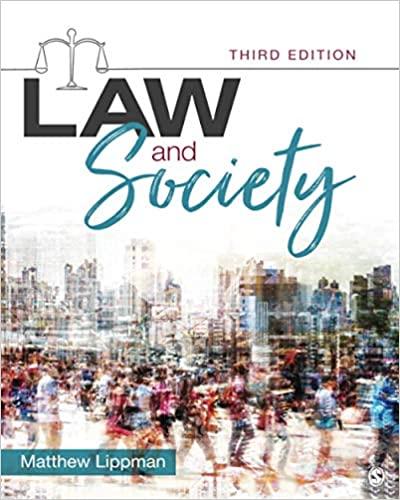Question
I have an upcoming moot based on the case Hurley V Grant The case is about Henrietta Hurley a filmstar he wants a summer house
I have an upcoming moot based on the case Hurley V Grant The case is about Henrietta Hurley a filmstar he wants a summer house and a swimming pool constructed in her garden. She puts the job out and Excepts the offer of Geraldine Grant a building contractor who agreed to do the work for 5000 both Geraldine and Henrietta knew that this was an unrealistically low price. Geraldine completed the summer house and began construction on the pool however grant ran out of money and materials for the job Geraldine told Henrietta that she couldn't complete the job unless further capital was made available for her, Henrietta who arranged the pool party for top film directors where she hoped to win roles was desperate for the pool to be completed. As a result Henrietta agreed to lend Geraldine 3000 in order to buy them materials that were necessary to ensure that the pool was completed and that the money was to be repaid when Geraldine secured her next contract. The pool was completed and the party was a success and Henrietta was given a starring role for a new movie and at the end Henrietta tells Geraldine don't worry about the 3000 so when Geraldine starts a new project and Henrietta's new film was a flop Henrietta sues Geraldine for the 3000 on either of two grounds,
i)as an ordinary debt
ii) The money was extorted by duress divine J held
The rule in Pinnels case (1602) 5 Co. Rep 117, was modified by Williams v. Roffey Brothers [1990] 2 WLR 1153, and therefore the completion of Henrietta's pool was capable of constituting and constitutes a benefit in fact which was sufficient consideration for Henrietta's payment of the extra 3,000.
Further, Henrietta's promise to pay 3,000 was not procured by Geraldine's economic duress, because although Geraldine exerted illegitimate pressure by threatening to break her contract, Henrietta's will was not overborne by Geraldine's behaviour. Pao On v. Lau Yiu [1980] AC 614 applied.
The Court of Appeal upheld the decision of Divine J.Henrietta now appeals to the Supreme Court on two grounds:
(i)Divine J. erred in law in holding that Pinnel's Case (1602) 5 Co. Rep 117, had been modified by Williams v. Roffey Brothers [1990] 2 WLR 1153
(ii)It is not a necessary ingredient in an action for the recovery of money paid under economic duress that the payor's will was overborne.
The cases I've decide to use are Pao On v Lau Yiu Long (1980)
Hartley v Ponsonby (1857) and Occidental Worldwide Investment v Skibs (the sibeon and the sibotre) [1976] .
My role is junior respondent arguing for the second ground, "it is not a necessary ingredient in an action for the recovery of money paid under economic duress that the payors will was overborne".
i have no idea how to argue on behalf of the appellant on both grounds looking for a bit of guidance and case law thanks
Step by Step Solution
There are 3 Steps involved in it
Step: 1

Get Instant Access to Expert-Tailored Solutions
See step-by-step solutions with expert insights and AI powered tools for academic success
Step: 2

Step: 3

Ace Your Homework with AI
Get the answers you need in no time with our AI-driven, step-by-step assistance
Get Started


